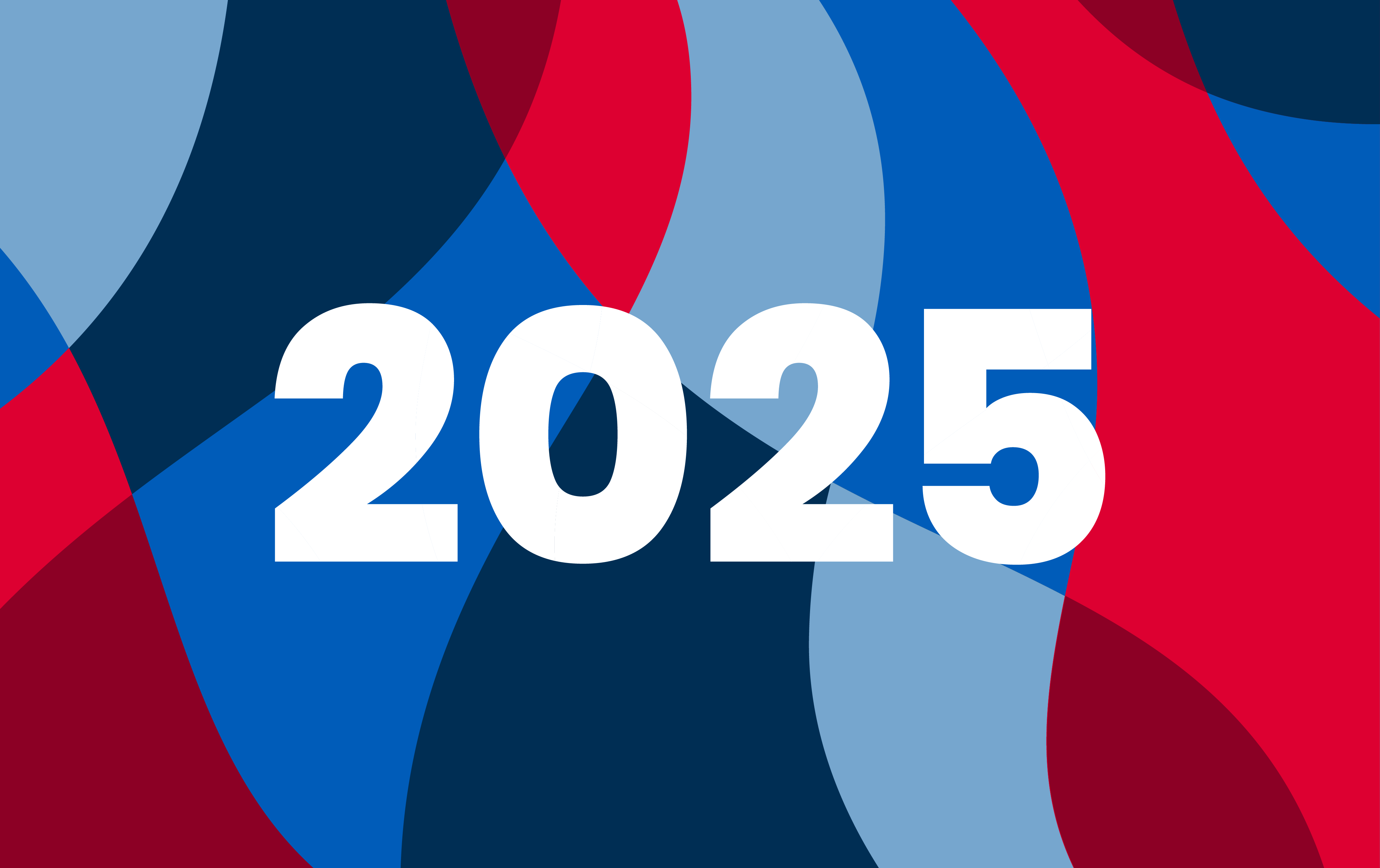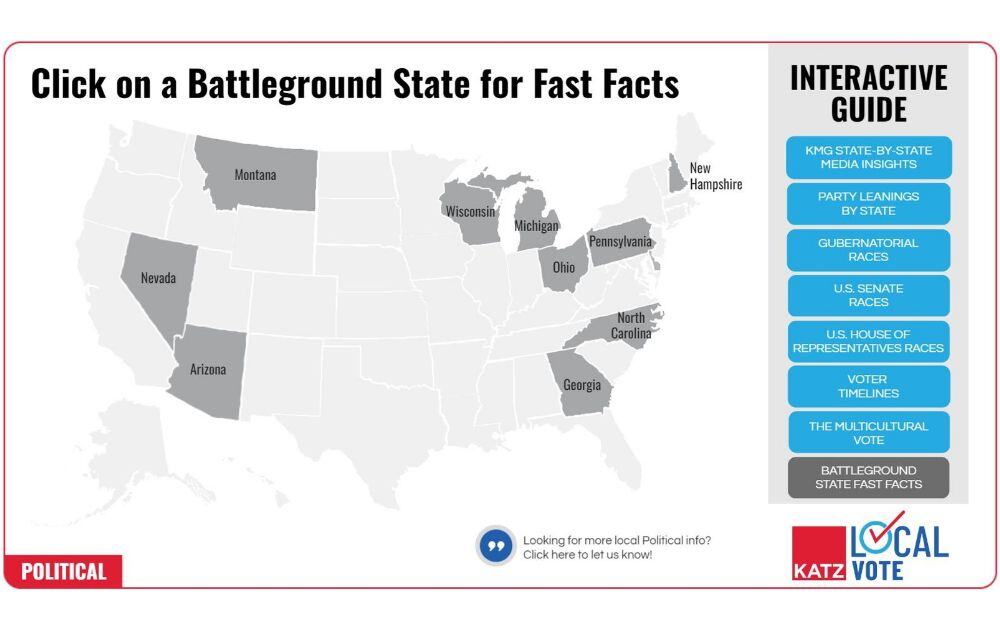A VOTE FOR RADIO ON THE WINNING TICKET
The first political window has already opened in Texas ahead of its March 1st primary. Four more states will have political windows opening next month, and nearly 20 in April. As the 2022 cycle gets warmed up, Nielsen's new analysis shows why radio is an important addition to any and all of these political campaigns.
RADIO REACHES VOTERS THAT TV CANNOT
The lion's share of political ad spending traditionally goes to linear television, even though such media plans end up leaving plenty of voters on the table. A recent analysis from Nielsen finds that 45% of voters watch little to no TV - meaning they are effectively missed by linear TV campaigns. Radio fills the reach gap, delivering 82% of light TV viewers, offering new opportunities for voter engagement. Radio's reach numbers are even higher among Black and Hispanic voters who watch little or no TV, as well as those Generation X and Baby Boomer voters.
Chart is interactive; click gray circle to enlarge.
ADDING RADIO TO THE MIX MAKES CAMPAIGNS WORK BETTER
Thanks to radio's ability to extend voter reach and deliver new opportunities for engagement, Nielsen states that political campaigns can optimize their media plans by moving money into radio. Using the Georgia Senate runoff election as an example, Nielson demonstrates that shifting 10% of ad spend from television to radio would have added +8% incremental reach - translating to 235,000 additional voters in Atlanta with no extra cost. Radio is an efficient way to boost TV and maximize campaign impact.
RADIO IS AN IDEAL ENVIRONMENT FOR POLITICAL CAMPAIGN ADS
Radio provides a politically uncluttered environment where candidates are able to earn an outsized share of voice. Looking again at the 2020 Georgia Senate runoff election, Nielsen shows that in the weeks leading up to the election, Atlanta radio stations were running half as many political ads as TV stations were. In fact, TV had close to 3x as much political weight as radio during certain weeks. Those candidates that focused more meaningful ad dollars on radio (in this case, the Democrats) were able to capitalize on radio's reach and the more exclusive ad environment to get their messages out, and ultimately won the election.
Click gray circle to enlarge chart.
Radio is a powerful asset for political campaigns, working with television to efficiently boost reach and offer new opportunities for voter engagement. Radio connects candidates and PACs with previously overlooked voters, and provides ample opportunity for their voices to be heard above the din in this busy election cycle.





